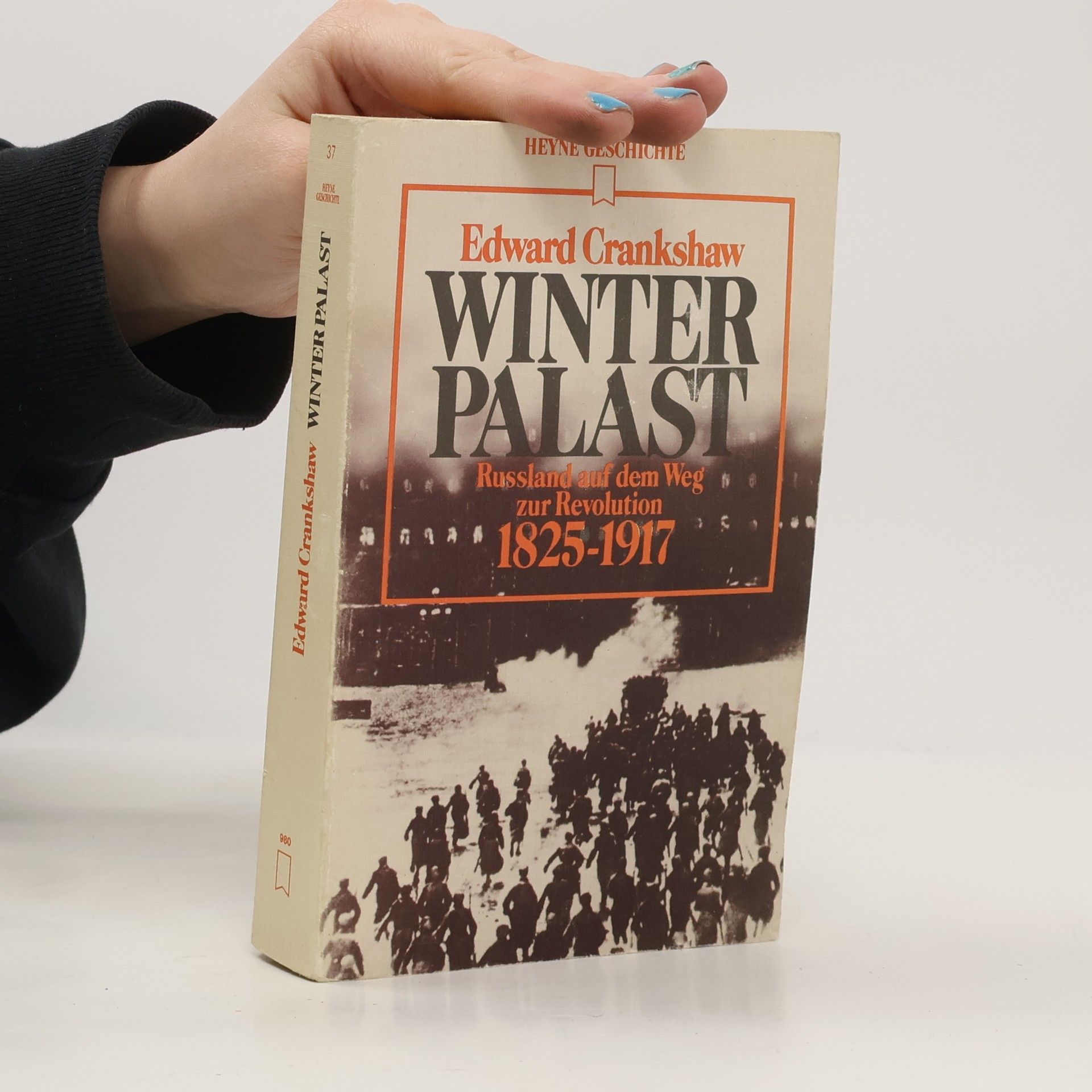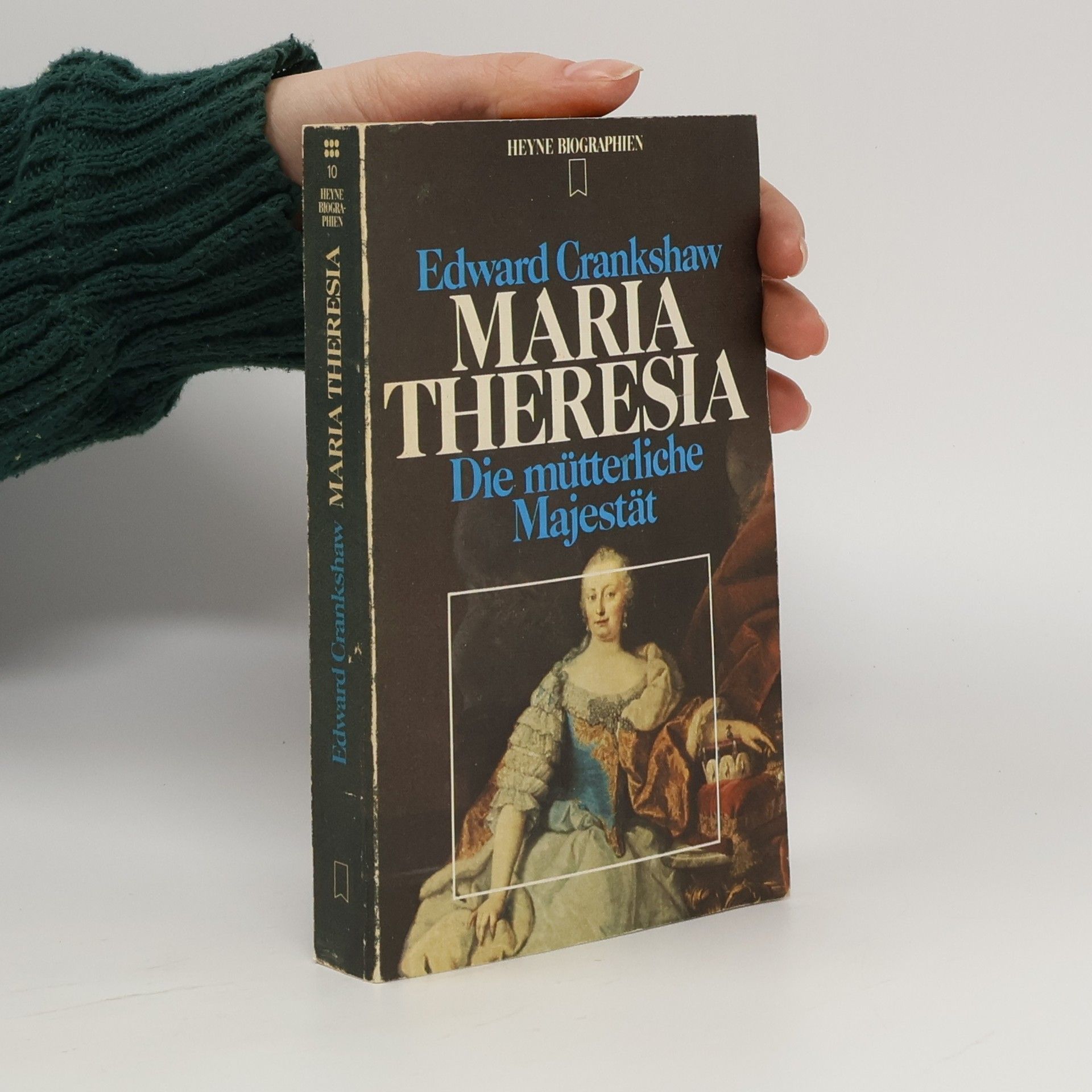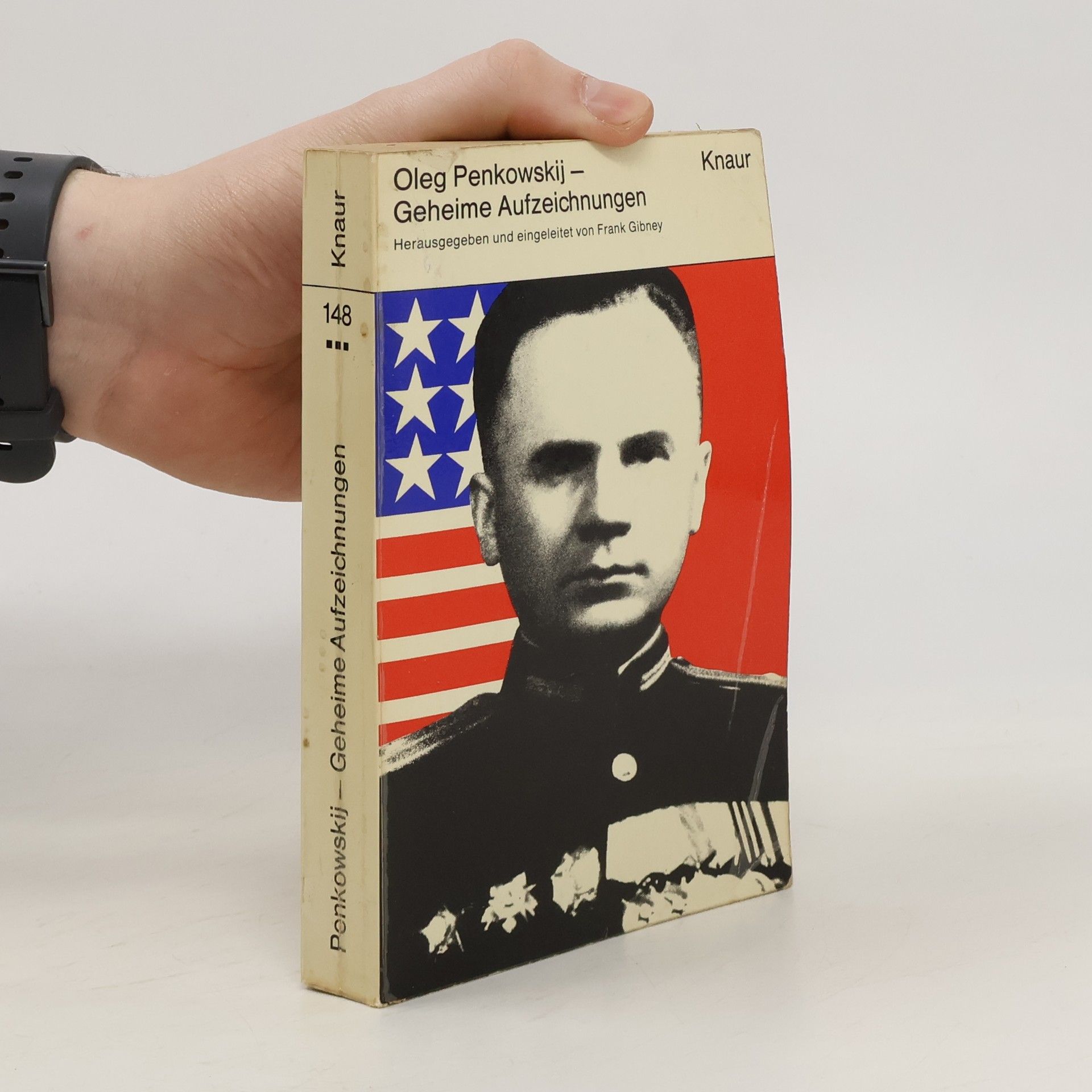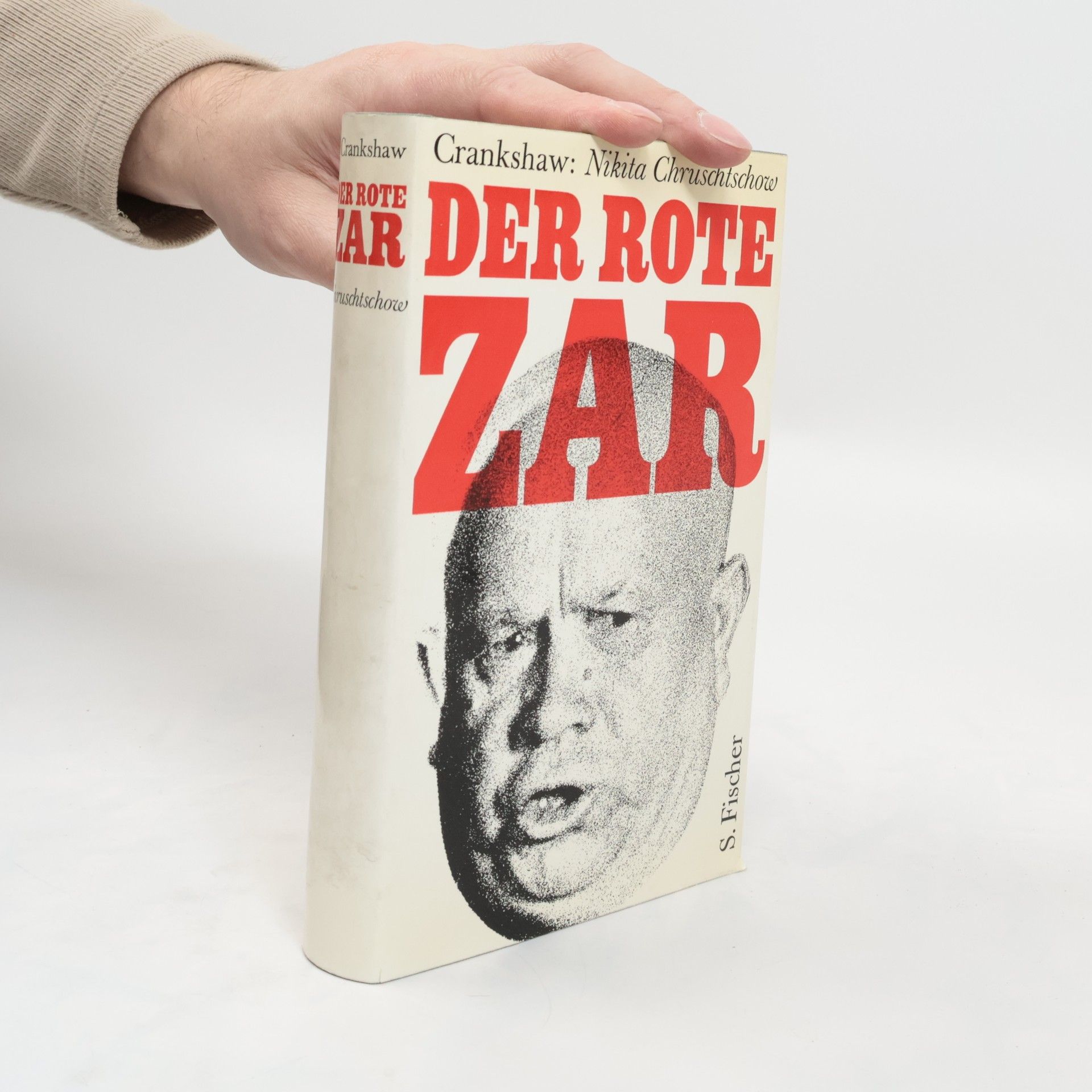Edward Crankshaw Book order (chronological)
Edward Crankshaw was a British writer, translator, and commentator on Soviet affairs, renowned for his insightful analyses of Russian and Austrian history. His works are characterized by a profound understanding of politics and culture, particularly during periods of significant societal and historical upheaval. Crankshaw focused on deciphering the complexities of the Russian psyche and the dynamics of power during a time when Europe grappled with totalitarian regimes. His writing offers a valuable perspective on pivotal moments in modern European history.
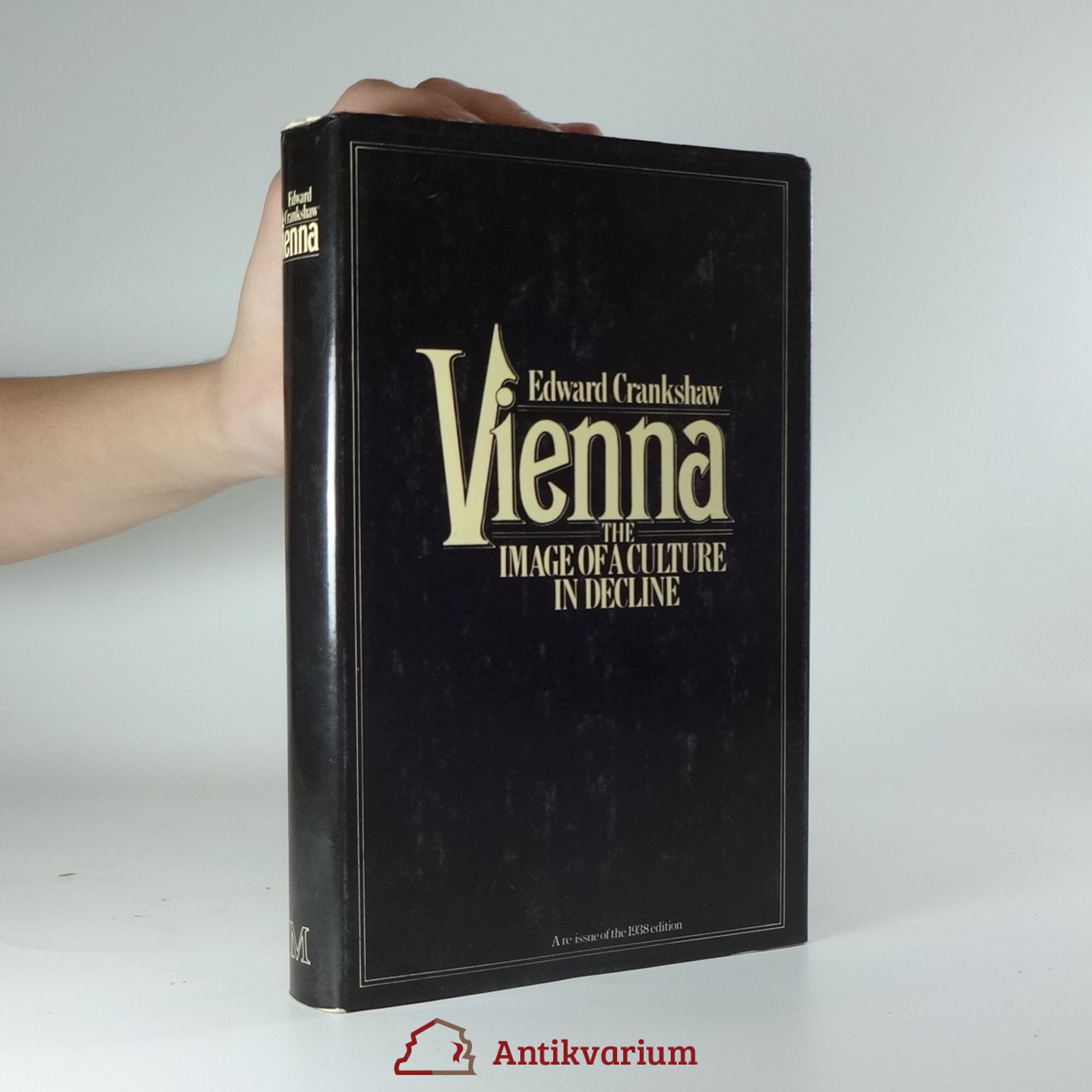
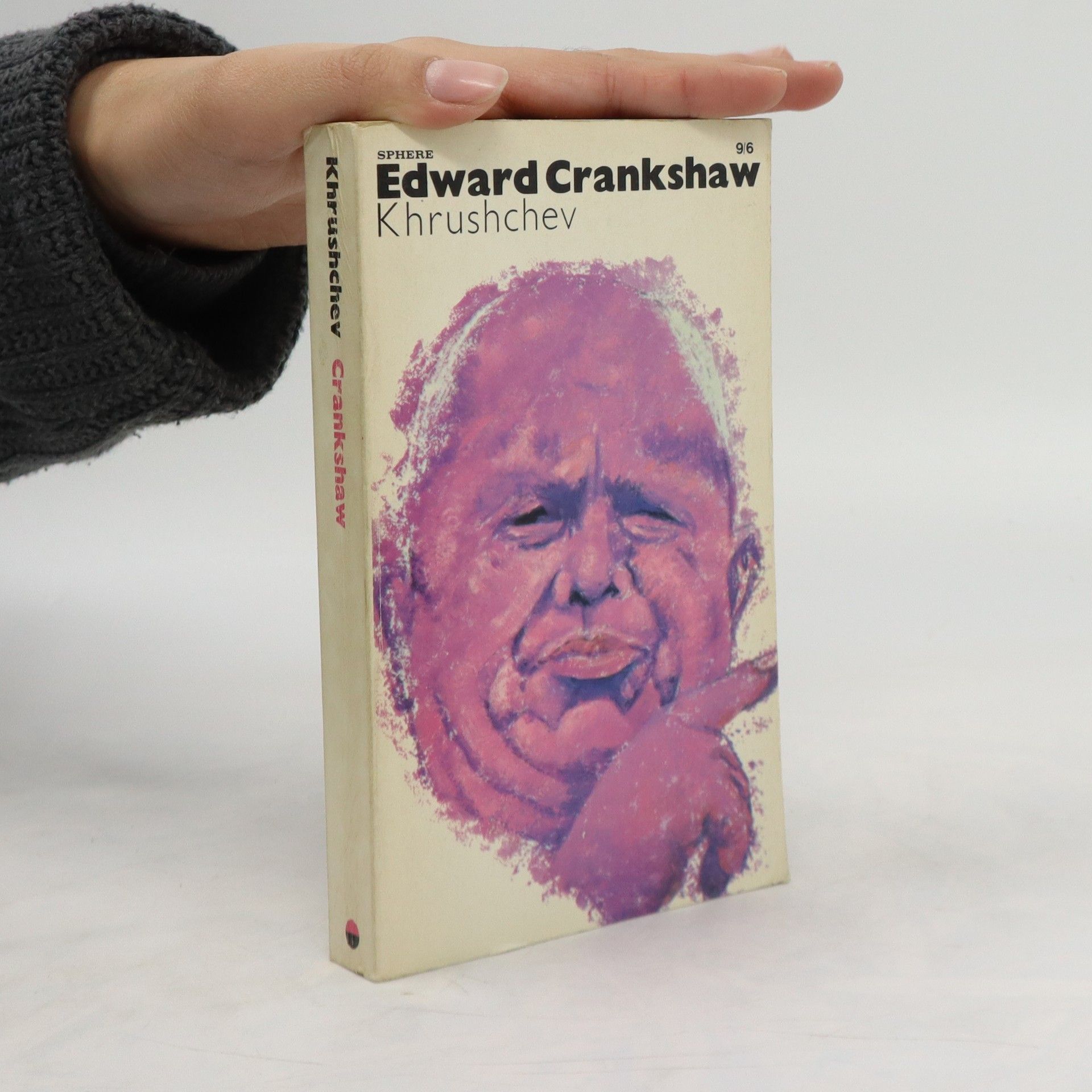
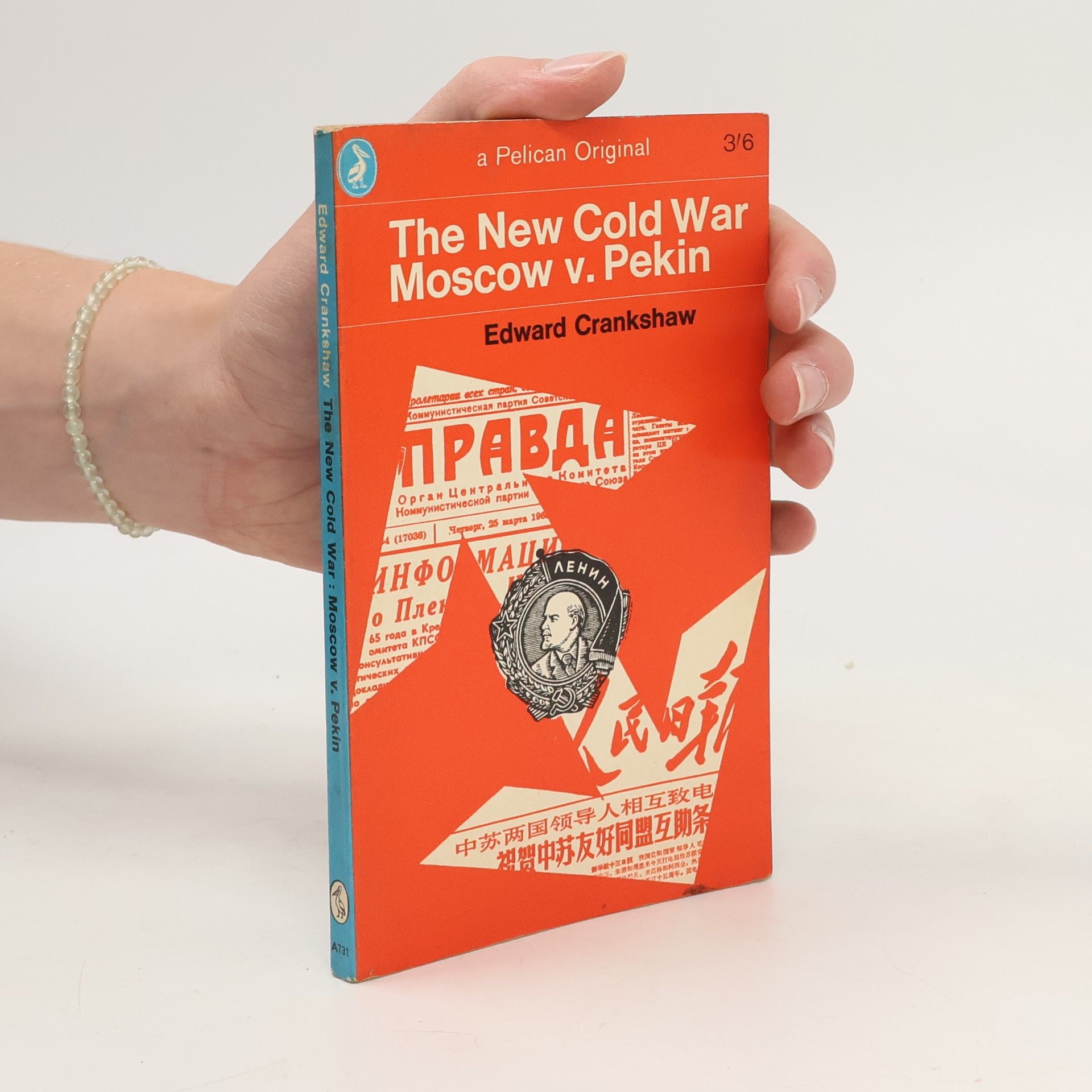
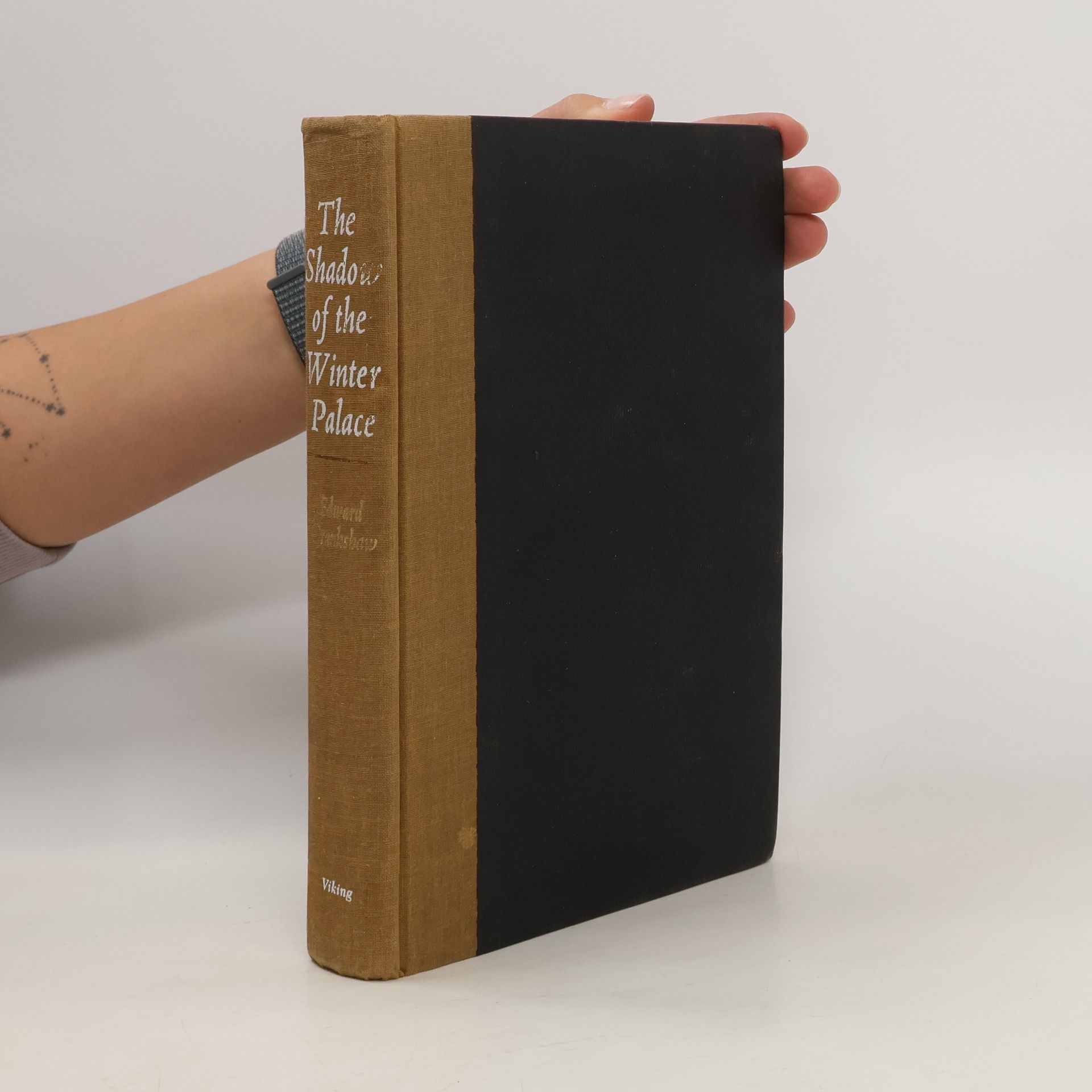
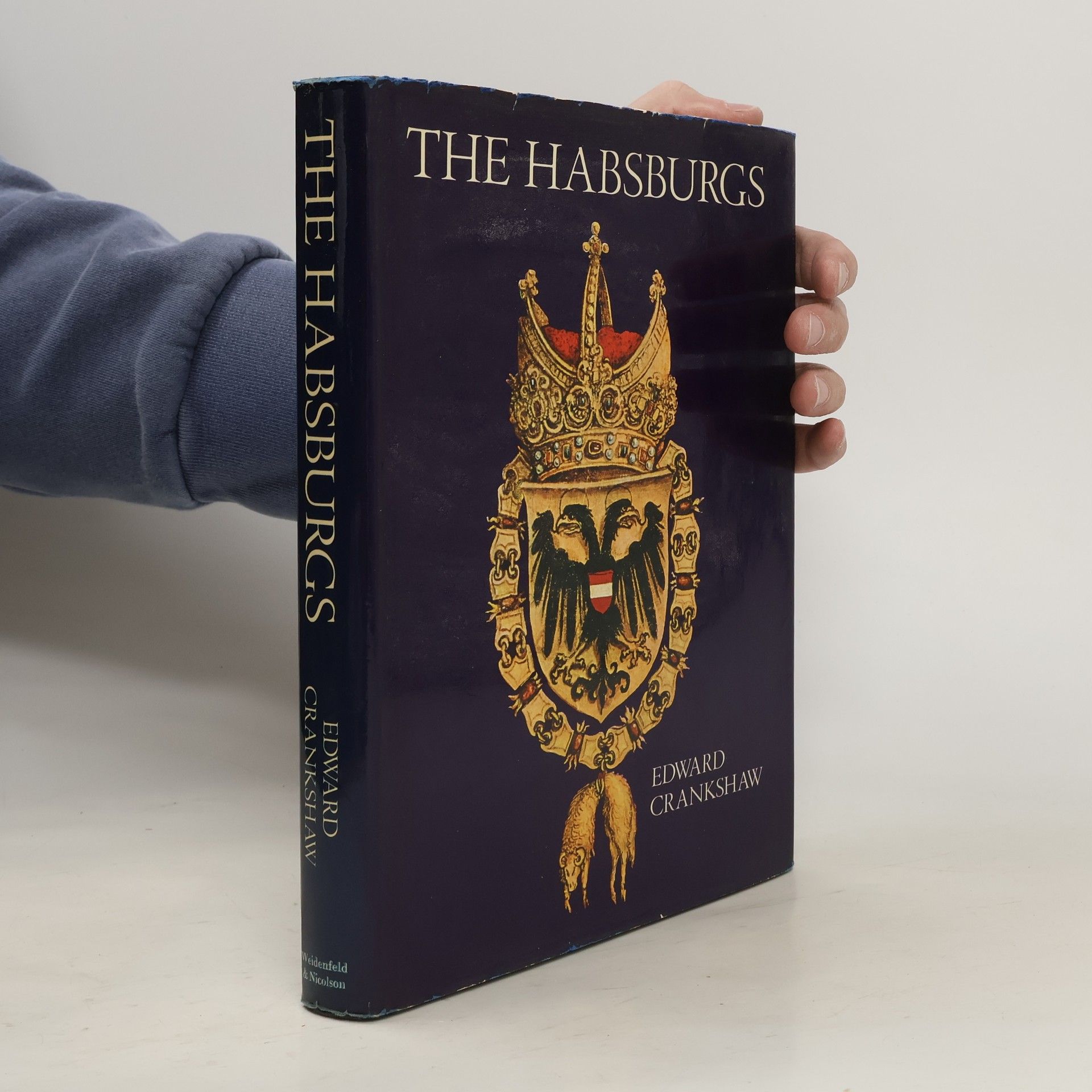

This history of Russia under the last four Tsars describes how the seeds of revolution culminated in the November revolution
The Fall of the House of Habsburg
- 468 pages
- 17 hours of reading
Edward Crankshaw's distinguished study offers a compelling account of the final decades of the Austro-Hungarian Empire. At the centre of the dramatic events stands the majestic figure of the Emperor Franz Josef, facing the tragedies of his disastrous marriage and the suicide of his only son, and doggedly resisting the ruin of his inheritance. In a sweeping panorama of Vienna, Imperial Russia, Napolean's France, Bismark's Prussia and Cavour's Italy, Crankshaw portrays the political and military intricacies, the statesman, soldiers and common people, and examines the ambitions and disillusionment that broke the Empire and forged the destiny of the twentieth century.
The Habsburgs
- 272 pages
- 10 hours of reading
Book by Crankshaw, Edward

